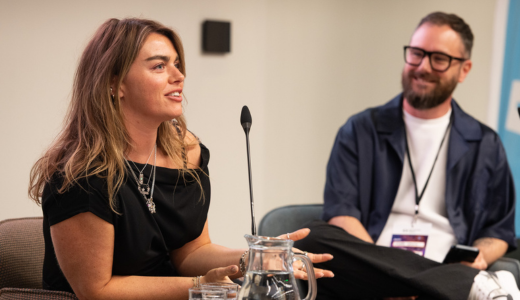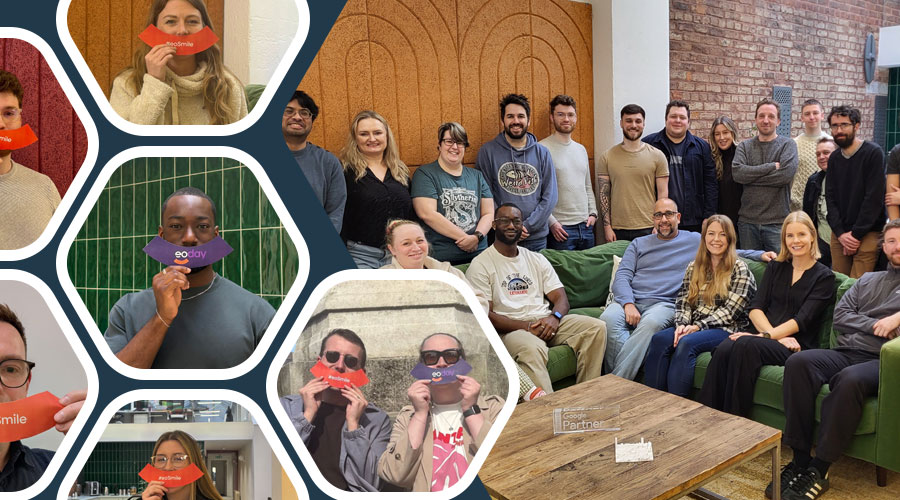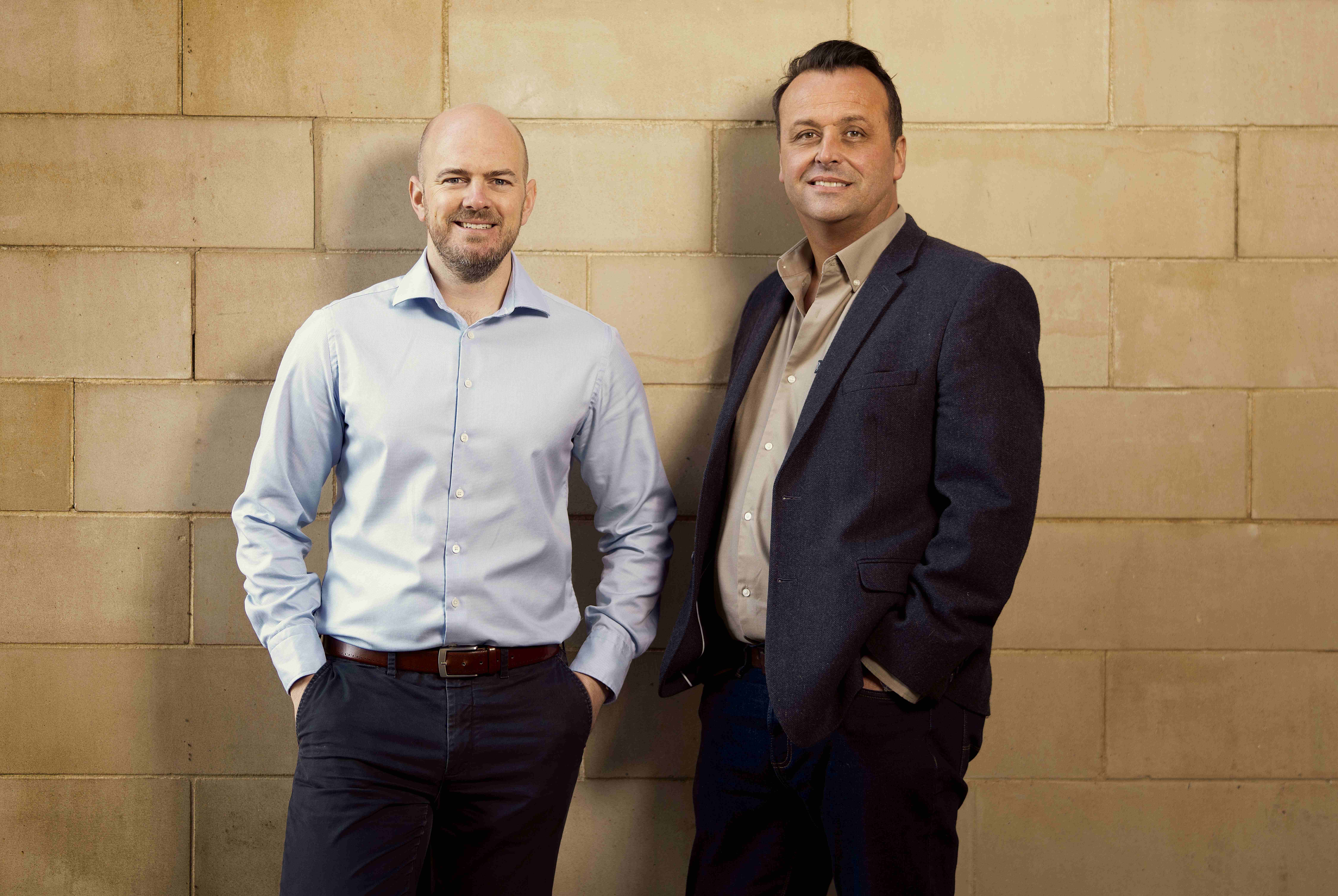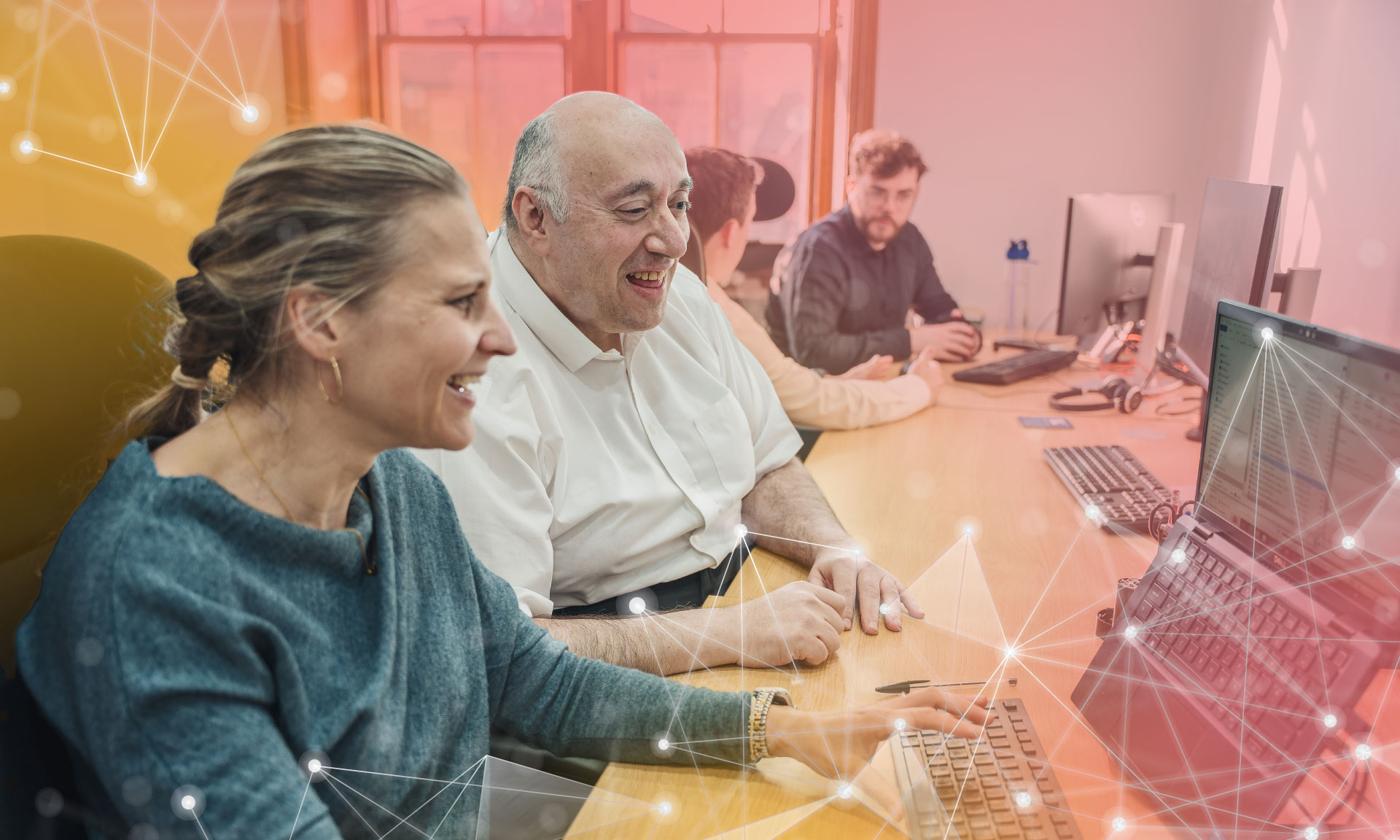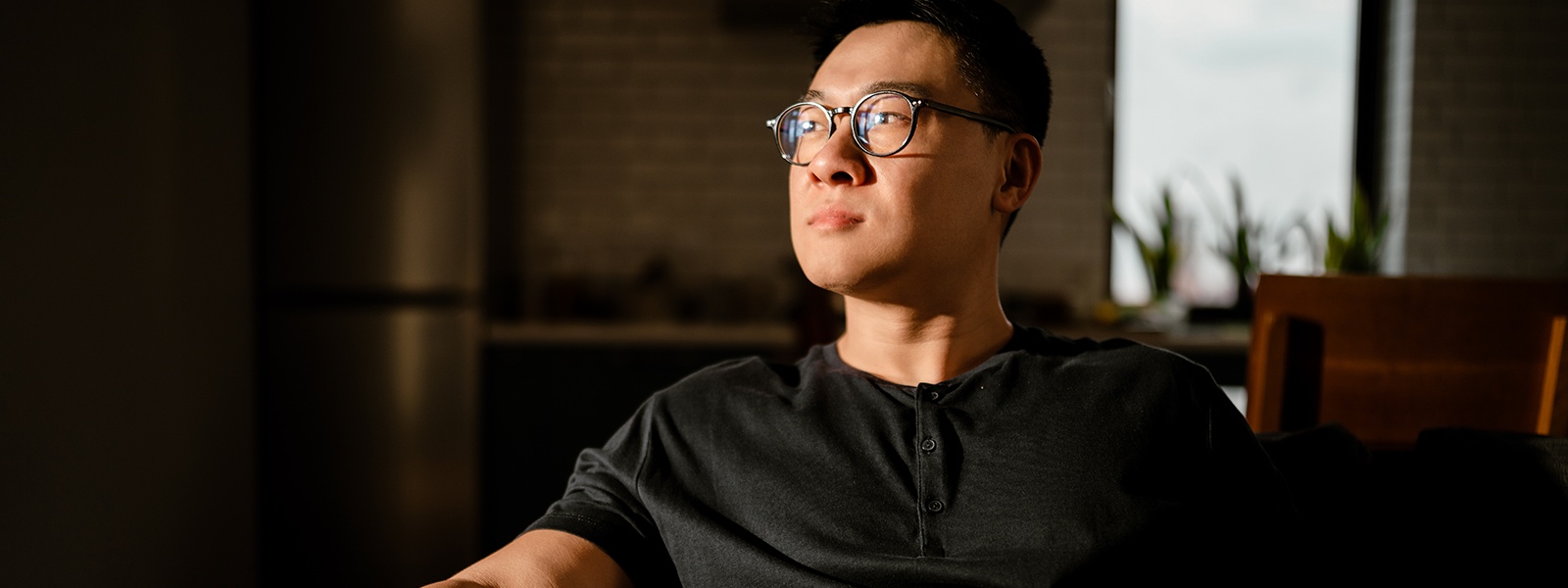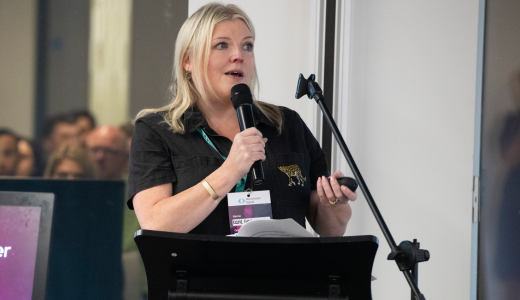Among the licensees of Nuance's technology is Apple for its Siri personal digital assistant, and Samsung itself, which already uses the technology in its phones, tablets and televisions. Other customers include cable companies, car manufacturers, and a number of telephone helpline providers.
In the consumer market, Nuance is best-known for its Dragon Naturally Speaking dictation software. Its technology for voice recognition and natural language processing is licensed by a number of third parties to power their own systems.
Nuance is listed on the Nasdaq stock market, where is has a market capitalisation of about $6bn. But it has made losses over the past four quarters, and has a growing debt problem, says Richard Windsor of the Radio Free Mobile consultancy. "These factors make Nuance ideal for a privatisation where the company is taken over, cleaned up and then returned to the market at a much higher valuation," suggests Windsor, who thinks that it is more likely to be bought by a private equity company - which could hang on to valuable clients like Apple - than Samsung.
Nuance has also been tapped by Samsung to develop the voice recognition features on the Korean firm's line of smartwatches, and the company considers wearable computers a key growth area for its future. "The new area of smartwatches and wearables will be really sticky," Vlad Sejnoha, Nuance's chief technology officer, told the Guardian. "That's a really good form factor. It has the immediacy of information, and it doesn't have the intrusive nature of something that you wear on your face.
"But what this brings is ubiquitous complexity. The one thing that is not evolving very quickly is the user interface, and we are still working largely with a version of the shrunken desktop on all of these form factors. And in many instances to do something you have to drill through those layers, follow those links, follow those hierarchies, to find what you want and then interact with it.
"This is where we come in. We are not just a speech company, we're really a company who believes that human language is the key to unlocking a lot of this functionality, making it accessible, making it findable, and making it easy to interact with. To use language, speech is a natural. You don't want to be typing in natural language commands and utterances, you want to be saying them. So the two go hand in hand."
Nuance executives cited Spike Jonze's film Her, about a man who falls in love with a Siri-like digital assistant, as an example of the sort of technology their company was attempting to create.
After the Wall Street Journal broke news of the talks, Nuance's shares rose by 10%. The company's market cap before the rise was $5.5bn, and almost one-fifth of the shares are owned by Carl Icahn, an activist investor who frequently makes headlines haranguing Apple to use its cash pool to buy back shares.
Nuance also owns Android keyboard manufacturer Swype, which uses the company's natural language processing to provide predictive keyboards. Swype's software was also picked by Apple to demonstrate the new open keyboard system in iOS 8. But the keyboards built into Samsung phones, such as the Galaxy S4, are made using technology licensed from Swype's London-based competitor SwiftKey, a deal which may unravel if the acquisition goes ahead.
According to Nuance's head of mobile and consumer, Mike Thompson, the company's cloud-based voice recognition system, which is used by its own products and its white-label services to handle online language processing, has increased the number of users it serves 20 times in four years, from 6 million a month in 2010 to 123 million a month as of 2014. As a result, "connected revenue" – income the firm brings in from its cloud based services – now accounts for 64% of the overall business.
Like Samsung, Nuance has a strong presence in the medical technology sector. Speech technology is popular amongst medical professionals, because it solves multiple problems: a doctor can focus their attention on a patient, rather than on a screen; they run less risk of terrible handwriting leading to malpractice; and they can speed up the paperwork aspect of the job.
"Half of doctors' time is spent on a computer documenting care," says Dr Nick van Terheyden, the company's chief medical information officer. What we're doing in healthcare is changing it to be more patient-focussed.
"We're not there yet: there's not microphones listening in, letting us just talk. Turns out it's really hard to listen to a conference call then produce a transcript… But we've found ways and techniques to do that; because we've crossed that hurdle, the potential of micing up a room and recording that is there."
Source: Guardian
